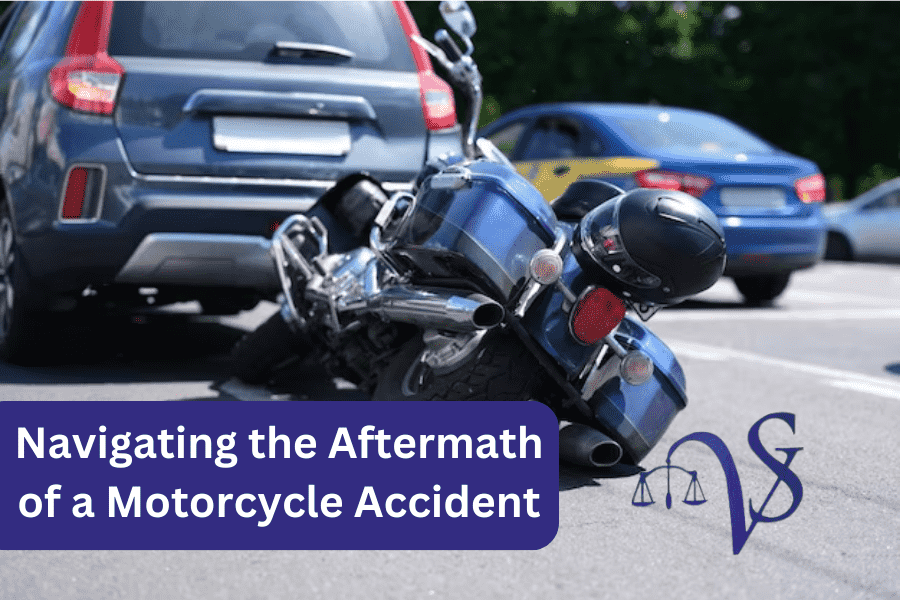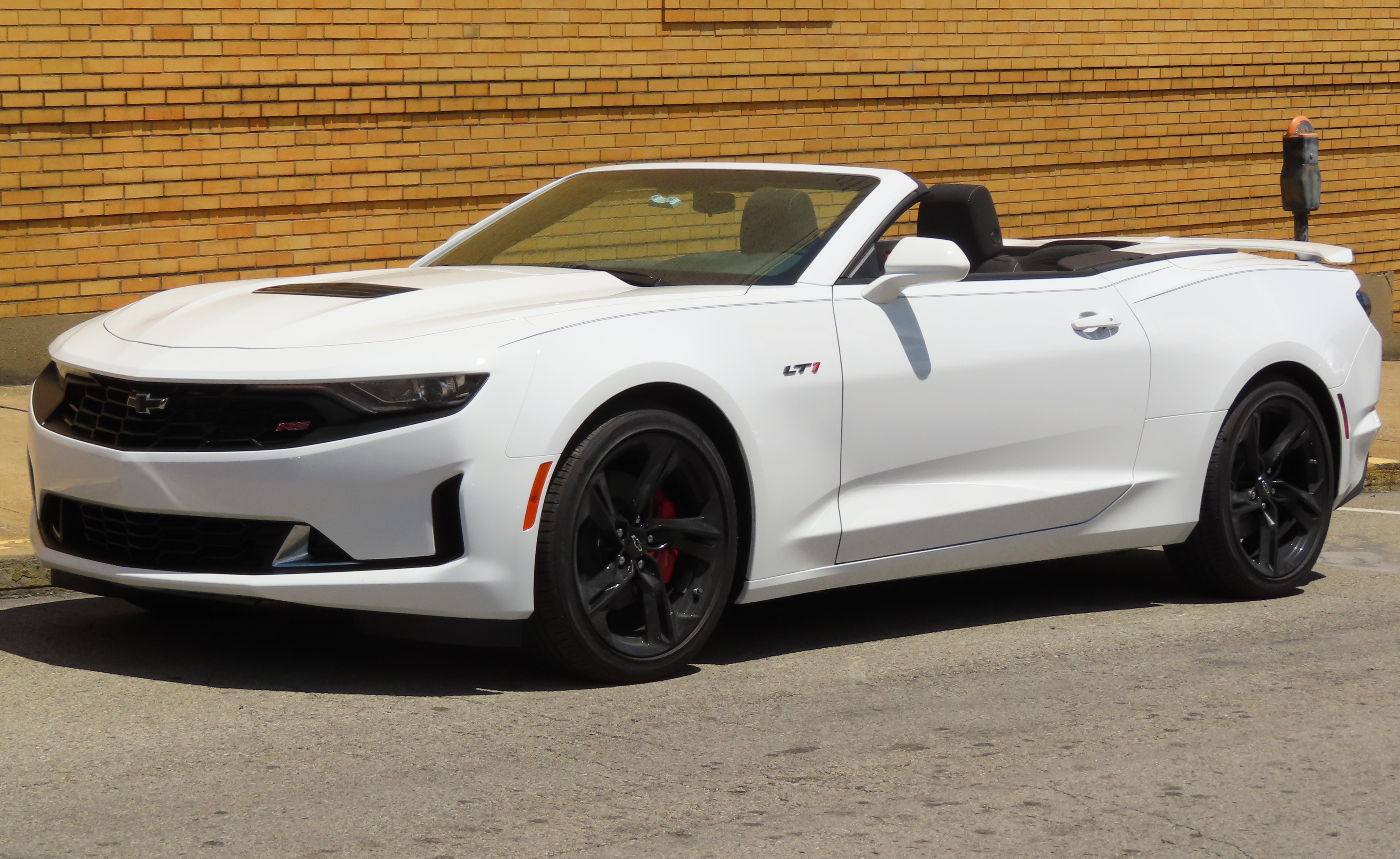There’s nothing quite like the freedom of cruising on two wheels, the wind against your face, and the road humming beneath you. That is until someone’s reckless actions turn your prized motorcycle into a heap of twisted metal and broken dreams. If you’re reading this, chances are you’ve experienced the gut-wrenching moment of discovering your bike has been vandalized or damaged beyond repair. It’s a scenario that can leave even the most seasoned rider feeling lost and frustrated, especially when the authorities seem less than helpful in tracking down the perpetrator.

Before you let despair take the driver’s seat, know that there are steps you can take to navigate this rocky terrain. As a new rider who’s just had their bike written off, you’re not alone. The road to resolution may be bumpy, but with the right knowledge and a little guidance, you can steer through the aftermath of a motorcycle total loss.
Let’s talk about what it means for a motorcycle to be considered a ‘total loss.’
In the insurance world, this term is used when the cost of repairing your motorcycle exceeds its actual market value. It’s a bitter pill to swallow, but it’s important to understand how insurance companies come to this conclusion. They typically use a Total Loss Threshold (TLT), which is a percentage that varies from state to state.
You might be thinking, ‘But my motorcycle could be fixed for less than its market value!’ Unfortunately, insurance providers may still declare it a total loss. It’s not just about the possibility of repair but the economics of it from their perspective. The ACV is calculated based on the pre-accident fair market value or the replacement cost minus depreciation. This is the amount you should expect from your insurance company, minus any deductible and including sales taxes, if your bike is declared a total loss.
In Florida, the law requires insurance companies to replace your motorcycle or pay you the ACV less any deductible. Alabama has a similar approach, with the settlement intended to get you a comparable bike of the same model year, manufacturer, mileage, and condition. But beware, insurance companies might not always include all the costs you’re entitled to, like sales tax, vehicle registration fees, and title transfer fees.
If you’re attached to your motorcycle and can’t bear the thought of parting with it, even in its damaged state, you have options. You can keep the bike and get a salvage title, which allows you to repair and continue using it after passing an inspection. This is true for both Florida and Alabama, though the specifics may vary. Just remember, a salvage title means you can’t drive the bike on public roads until it’s been properly repaired and inspected.
Navigating insurance companies and legal terms can be as challenging as speeding through a hairpin turn.
It’s often wise to seek legal advice, especially if you’re feeling overwhelmed. Lawyers who specialize in motorcycle accidents, like the folks at Stevenson Klotz Injury Lawyers, can help you understand your rights and fight for the compensation you deserve. But what if you’re not injured, and it’s just your motorcycle that’s suffered? You might not need a lawyer to pursue a property damage claim. If you’re up for it, handling the claim yourself is doable. You’re entitled to compensation for repairs or the replacement value of your bike. Don’t let anyone tell you otherwise.
As for the emotional toll this incident has taken, it’s understandable to feel a mix of anger and disappointment. It’s not just about the bike; it’s about the senseless destruction of something you care for. While we can’t always make sense of why people do what they do, we can take control of how we respond.
We’ll dive into the legal steps you can take and explore the possibility of repairing the bike yourself. Whether you decide to fight for your right to compensation or roll up your sleeves and get to work on repairs, know that this isn’t the end of the road. It’s just a detour on your journey as a rider. Stay tuned, and let’s gear up for the ride ahead.
Navigating the aftermath of a motorcycle total loss can be as complex as a winding mountain pass. But fear not, for there are legal steps to take that can help you regain control and potentially set you back on the road. Let’s explore the options available to you after your motorcycle has been declared a total loss, and discuss the possibility of taking the repair route into your own hands.
After the initial shock of the damage to your motorcycle subsides, it’s time to consider your next moves carefully. If the police aren’t providing the support you hoped for and the person responsible for the damage remains at large, you might feel like you’re at a dead end. However, this is where your insurance policy and knowledge of local laws come into play.
In both Florida and Alabama, once your motorcycle is declared a total loss, you’re entitled to a settlement from your insurance company. This settlement should cover the Actual Cash Value of your motorcycle before the incident, including all fees entitled to you like sales tax, registration, and title transfer. Legal advice may be helpful if you feel overwhelmed or the insurance company is uncooperative.
If you love your bike, try fixing it yourself.
Both Florida and Alabama allow you to keep your totaled motorcycle by obtaining a salvage title. With this title, you can repair the bike and, after passing an inspection, get back on the road. It’s a path that requires effort and possibly a significant investment, but for many riders, the emotional attachment to their motorcycle makes it worth it.

The decision to repair your motorcycle should not be taken lightly. Assess the extent of the damage thoroughly. Given that you’ve managed to ride it home, albeit slowly and carefully, there’s a chance that the frame may not be bent. However, a professional assessment is crucial to determine the true extent of the damage.
If you choose self-repair, get parts and maybe ask a friend or mechanic for help.
The cost of parts and labor can add up quickly, so it’s essential to weigh this against the settlement offered by your insurance company. Remember, if you choose to repair the bike, you’ll receive the Actual Cash Value minus the salvage value from your insurer.
As for the value of your bike, it’s difficult to provide an exact figure without seeing it, but you can research similar models with comparable mileage to get an estimate. This information will be valuable when negotiating with your insurance company or if you decide to sell the bike for parts.
In the event that you’re unable to repair the motorcycle to its former glory, you may be able to file a Diminished Value claim in Alabama. This type of claim can compensate you for the loss in value of the motorcycle due to the damage it sustained.
Throughout this process, it’s important to keep a clear head and not let emotions dictate your decisions. Yes, the situation is infuriating and disappointing, but taking calculated steps will lead to the best outcome. Whether you choose to accept the insurance settlement and move on or dive into the world of motorcycle repair, know that this incident doesn’t define your journey as a rider.
The road to recovery after a motorcycle total loss is fraught with decisions and potential obstacles. But with a clear understanding of your rights, a careful assessment of the damage, and a determination to move forward, you can navigate this challenging time. Whether you seek legal representation, accept a settlement, or take on repairs yourself, the most important thing is to make the choice that’s right for you. Ride on, knowing that every detour eventually leads back to the open road.
Related posts:
Why Insurance Companies Total Motorcycles With Little Damage
How Do Motorcycle Insurance Companies Calculate Total Loss Value? (kryderlaw.com)
What Happens When the Insurance Company Totals Your Motorcycle? (levininjuryfirm.com)





